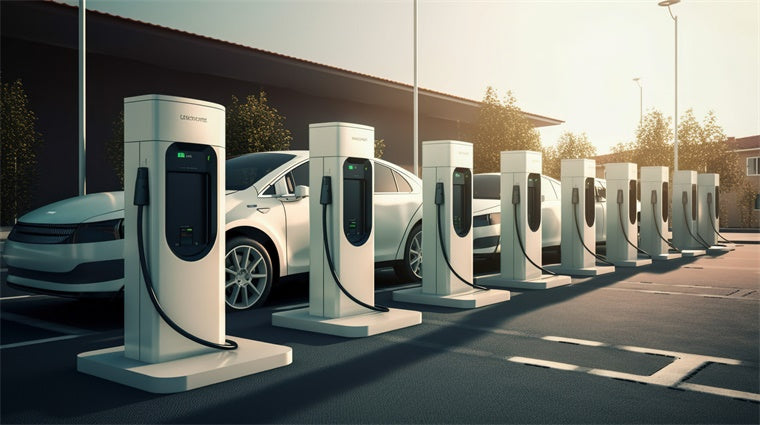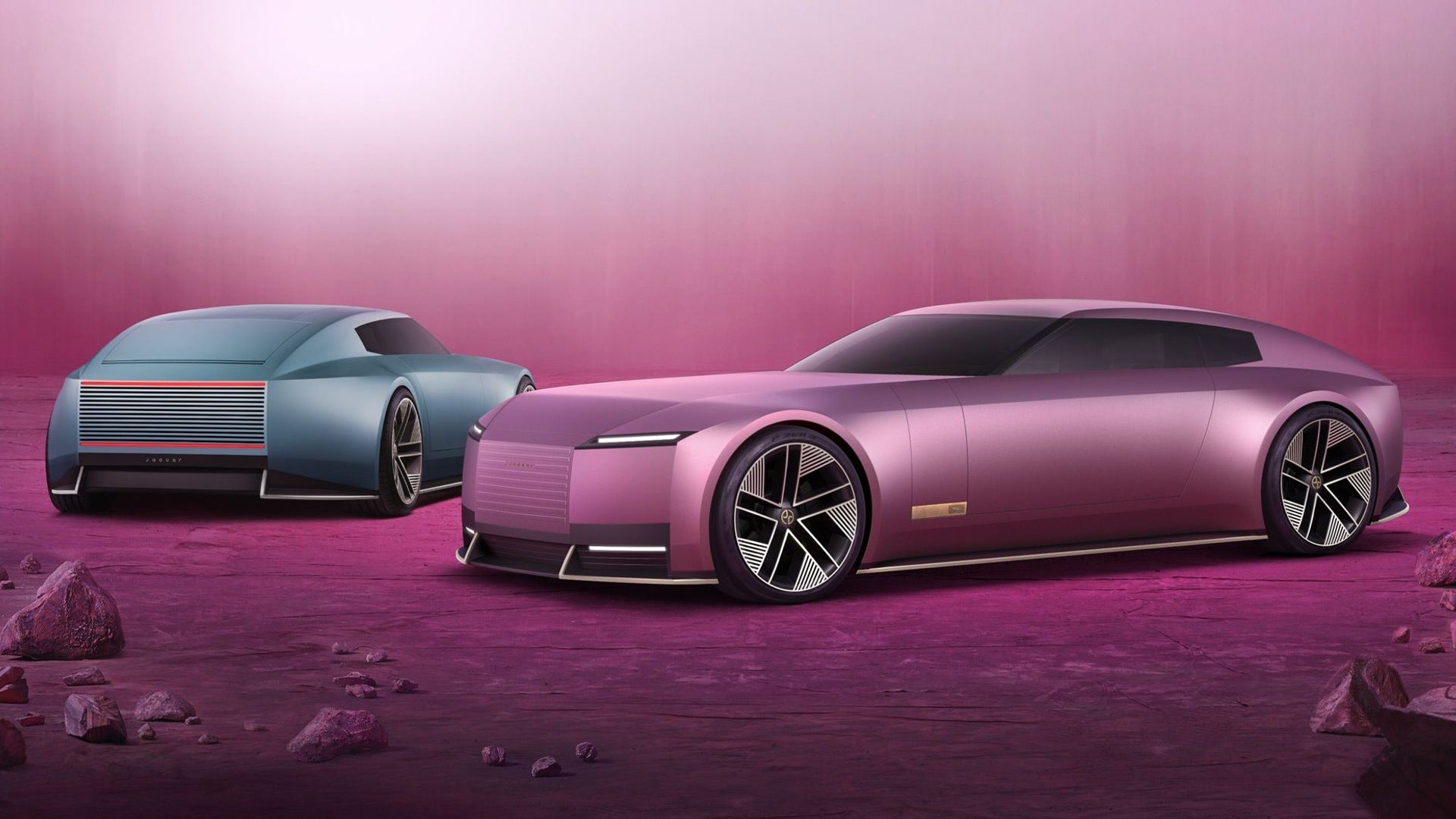Le Programme de subventions discrétionnaires pour les infrastructures de recharge et de ravitaillement (CFI) est une initiative majeure de l'administration Biden-Harris, conçue pour accélérer l'adoption des véhicules électriques (VE) et des carburants alternatifs aux États-Unis. Ce programme est un élément clé des efforts plus vastes du gouvernement fédéral pour lutter contre le changement climatique, réduire les émissions de gaz à effet de serre et bâtir un avenir durable pour tous les Américains.
Objectifs et buts
Le programme de subventions discrétionnaires de la FCI est axé sur les objectifs clés suivants :
-
Développement des infrastructures pour véhicules électriques et carburants alternatifs : L'objectif principal du programme CFI est de développer les bornes de recharge pour véhicules électriques accessibles au public et les infrastructures de carburants alternatifs à l'échelle nationale. Cela comprend l'installation de bornes de recharge pour véhicules électriques, ainsi que d'infrastructures pour l'hydrogène, le propane et le gaz naturel. Ce programme vise à garantir à chaque Américain, où qu'il se trouve, l'accès à des solutions de ravitaillement pratiques, fiables et abordables.
-
Impact environnemental : En soutenant le déploiement d'infrastructures énergétiques propres, le programme CFI vise à réduire significativement les émissions de gaz à effet de serre du secteur des transports, l'un des principaux contributeurs aux changements climatiques. Il vise également à améliorer la qualité de l'air, notamment dans les zones urbaines et les collectivités touchées de manière disproportionnée par la pollution.
-
Équité et accessibilité : Un aspect essentiel du programme CFI réside dans son souci d'équité. Le programme privilégie les projets au service des communautés défavorisées, garantissant ainsi l'accès de tous les Américains aux avantages de l'énergie propre et de l'électrification. Cela comprend des efforts pour déployer des infrastructures de recharge et de ravitaillement dans les zones rurales et mal desservies.
-
Croissance économique et création d'emplois : Le programme CFI vise également à stimuler la croissance économique et la création d'emplois dans le secteur des énergies propres. En investissant dans le développement d'un réseau national de recharge et de ravitaillement, le programme soutient la croissance du marché des véhicules électriques et, plus largement, la transition vers une économie axée sur les énergies propres.
Portée et mise en œuvre du projet
Le programme de subventions discrétionnaires de la FCI finance un large éventail de projets d’infrastructure, notamment :
-
Bornes de recharge pour véhicules électriques : Installation de bornes de recharge rapide de niveau 2 et CC le long des autoroutes, en zone urbaine et à d'autres endroits stratégiques. Ces bornes sont essentielles pour répondre au nombre croissant de véhicules électriques en circulation.
-
Infrastructures de ravitaillement en carburant alternatif : Développement de stations-service pour l’hydrogène, le propane et le gaz naturel, qui sont essentielles pour réduire la dépendance aux combustibles fossiles traditionnels et promouvoir un mix énergétique diversifié.
-
Innovation et intégration technologique : Projets qui intègrent des technologies avancées, telles que la recharge intelligente, l’intégration des énergies renouvelables et les systèmes de gestion du réseau, pour améliorer l’efficacité et la durabilité de l’infrastructure.
Progrès et financement actuels
Selon la dernière mise à jour, le programme de subventions discrétionnaires de la FCI a réalisé des progrès significatifs vers ses objectifs :
-
Affectation des fonds : Le programme a accordé des millions de dollars en subventions à divers projets partout au pays. Ces fonds servent à soutenir l'installation de milliers de nouvelles bornes de recharge et de stations de ravitaillement alternatives, en s'attachant particulièrement à combler les lacunes du réseau d'infrastructures existant.
-
Mise en œuvre du projet : De nombreux projets financés sont déjà en cours de réalisation. De nouvelles bornes de recharge et de ravitaillement sont en service, tandis que d'autres sont à divers stades de planification et de construction. Ces projets devraient avoir un impact considérable sur la disponibilité et l'accessibilité des bornes de recharge pour véhicules électriques et des options de ravitaillement alternatif en zones urbaines et rurales.
-
Engagement communautaire : Le programme CFI a également travaillé en étroite collaboration avec les gouvernements des États et locaux, les entités tribales et les partenaires du secteur privé pour garantir que les projets sont mis en œuvre efficacement et que les avantages de l'infrastructure sont maximisés pour toutes les parties prenantes.
Regard vers l'avenir
Le Programme de subventions discrétionnaires pour les infrastructures de recharge et de ravitaillement est un moteur essentiel de la transition des États-Unis vers un avenir énergétique propre. À mesure que le programme se déploie, il jouera un rôle crucial dans la réalisation des objectifs climatiques du pays, le soutien à la croissance économique et l'accès de tous les Américains aux avantages des transports propres.
Pour obtenir des informations plus détaillées sur des projets spécifiques et des possibilités de financement, veuillez visiter le site Web officiel du programme de subventions discrétionnaires de la FCI.








Partager:
Annonce des bénéficiaires du cycle 1B du CFI !
Électrifier la Californie : Guide complet des rabais et des incitations à la recharge des véhicules électriques